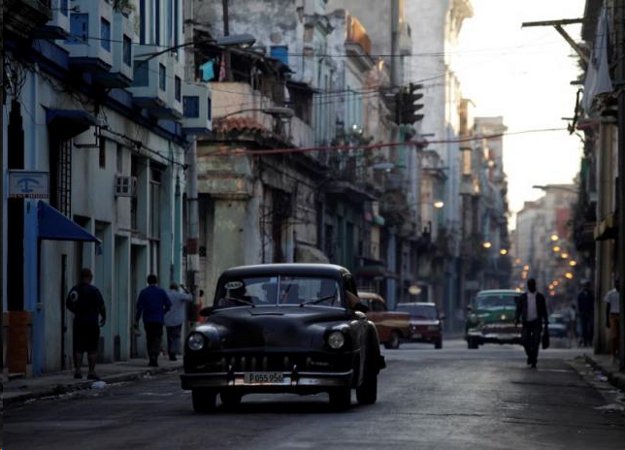Cuba in Waiting: Capitalism (and Reforms) Have Not Arrived

From our content partner New America Media
Havana—Six months after the United States and Cuba resumed full diplomatic relations, the expectation that the resumption of ties would encourage changes in Cuban society has not been met.
On the contrary, the Raúl Castro’s regime has increased arbitrary arrests of dissidents and brutal attacks on the Ladies in White, a pacifist group of wives and mothers of the arrested who march through the streets dressed in white and in silence, dampening hopes of the exhausted Cuban nation that change would finally arrive.
The early entrepreneurs who set up business—taking advantage of the legalization of those who would work on their own, the cuentapropistas—are faltering.
While their numbers are on the rise, there is mounting frustration that reforms have not been implemented that would allow them to flourish.
“We have no access to loans of any kind,” said Jaime Martínez, an engineer by training who is a driver for hire today. “The most I can make is just me driving my car for one day.”
The list of complaints is long: no access to small business loans, the inability to hire workers, lack of access to information (Internet), and capricious tax rules (and payoffs to officials).
The result is a Cuba in waiting.
“It’s not possible to speak what we every Cuban thinks,” the owner of one of the most popular paladar, or private restaurant, said. “We are waiting for the day it is announced that Raúl and Fidel have died. Only then will Cuba start a new chapter.”
Among the young, there is dissatisfaction with the pace of change. A student at the University of Havana complained, “We all thought the Americans would [once diplomatic relations were renewed on July 20, 2015] bring the Internet with them, that there would be other newspapers, and reforms for legalizing private properties would follow.”

Instead, the government only allows the Internet in certain locations, primarily hotels, and the monopoly on all media continues. Hundreds of Cubans linger around hotels and other places where WiFi hot spots have been set up, often hacking online.
These frustrations against the pace of change is one of the reasons why record numbers of Cubans are leaving the island. More than 44,000 Cubans sought asylum in the U.S. in 2015, representing an 88% increase over 2014. These Cubans are voting with their feet, no longer willing to wait for Raúl Castro’s promise of “reforms”—they want material improvement now, and that means political asylum in the U.S.
In fact, the only entrepreneurs who have succeeded are artists, chefs, and AirBNB hosts. The reasons are simple: Communists have no idea how art is valued or commercialized; everyone loves good food and the most ardent official is loath to shut down eateries that serve up good food; and most guesthouses are reserved and paid for via PayPal on the Internet—which is totally alien to Cuban officials.
From our content partner New America Media































































































































































































































































































































